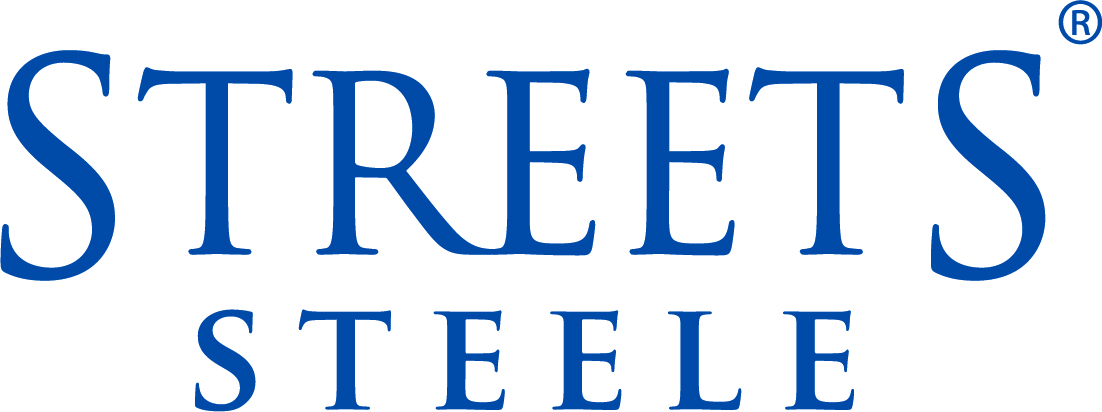Rishi Sunak has stated that the UK’s spring budget ‘meets the moment with a three-part plan to protect the jobs and livelihoods of the British people’. As professional, Chartered Certified Accountants, the team at Steele Financial have broken down this year’s spring budget into a simple guide. Find out how Rishi Sunak’s Budget 2021 will affect your SME.
Some Budget proposals may be subject to amendment in the 2021 Finance Act. You should contact us before taking any action as a result of the contents of this summary.
Main Budget Proposals
Tax measures include:
 A super-deduction for companies investing in new plant and machinery
A super-deduction for companies investing in new plant and machinery - A time extension of the temporary increase to the SDLT nil rate band for residential property in England and Northern Ireland
- An extension to the temporary 5% reduced rate of VAT for certain supplies
- A temporary increase in the carry-back period for business losses
- An increased rate of corporation tax from 2023.
Other measures include:
- A new mortgage guarantee scheme
- Extension to the Job Retention Scheme
- A Self-Employment Income Support Scheme fourth and fifth grant
- An extension to the business rates holiday in England.
Previously announced measures include:
- A cap on the amount of R&D tax credit paid to a loss-making small or medium-sized enterprise
- New rules apply to off-payroll working payments made for services provided on or after 6 April 2021.
Tax on Dividends
The first £2,000 of dividends is chargeable to tax at 0% (the Dividend Allowance). Dividends received above the allowance are taxed at the following rates:
- 7.5% for basic rate taxpayers
- 32.5% for higher rate taxpayers
- 38.1% for additional rate taxpayers.
Dividends within the allowance still count towards an individual’s basic or higher rate band and so may affect the rate of tax paid on dividends above the Dividend Allowance. To determine which tax band dividends fall into, dividends are treated as the last type of income to be taxed.
 The Coronavirus Job Retention Scheme
The Coronavirus Job Retention Scheme
The current JRS allows an employer to place an employee on furlough and apply for a grant to cover wage costs for the time an employee is on furlough. The employer:
- Can claim 80% of ‘usual salary’ for hours not worked, up to a maximum of £2,500 per employee (pro-rated for hours not worked) per month
- Needs to fund employer National Insurance contributions (NICs) and the minimum employer automatic enrolment pension contributions.
In December 2020, the Chancellor extended the scheme until the end of April 2021. Further extension of JRS In Budget 2021 the Chancellor has further extended the scheme to 30 September 2021. The level of grant available to employers under the scheme will stay the same until 30 June 2021.
From 1 July 2021, the level of grant will be reduced and employers will be asked to contribute towards the cost of furloughed employees’ wages. To be eligible for the grant an employer must continue to pay furloughed employees 80% of their wages, up to a cap of £2,500 per month for the time they spend on furlough. The reduction in the level of the grant means that the percentage recovery of furloughed wages will be as follows:
- For July 2021 70% of furloughed wages up to a maximum of £2187.50
- For August and September 2021 60% of furloughed wages up to a maximum of £1,875.00.
- Employers will need to continue to fund employer NICs and mandatory minimum automatic enrolment pension contributions.
National Living Wage & National Minimum Wage
The National Living Wage will increase by 2.2% and will be extended to 23 and 24-year-olds for the first time. For workers aged under 23, the government has announced smaller increases in NMW in recognition of the risks to youth employment that the current economic situation poses.
From 1 April 2021, the new hourly rates of NLW and NMW are:
- £8.91 for those 23 years old and over
- £8.36 for 21-22-year-olds
- £6.56 for 18-20-year-olds
- £4.62 for under 18s
- £4.30 apprentice rate for apprentices under 19, and those 19 and over in their first year of apprenticeship.
Coronavirus Loan Schemes
In 2020, the government introduced a number of government-guaranteed coronavirus loan schemes. In December 2020 the Chancellor extended, until the end of March 2021, access to the Bounce Back Loan Scheme, Coronavirus Business Interruption Loan Scheme and the Coronavirus Large Business Interruption Loan Scheme.
Budget 2021 announced a new loan scheme to be introduced to replace those coming to an end. From 6 April 2021, the Recovery Loan Scheme will provide lenders with a guarantee of 80% on eligible loans between £25,000 and £10 million to give them confidence in continuing to provide finance to UK businesses. The scheme will be open to all businesses, including those who have already received support under the existing COVID-19 guaranteed loan schemes.
To read the full Spring Budget 2021 Breakdown, download it for FREE below. Written by Chartered Certified Accountants so that you can stay on top of your business without lifting a finger. If you have any further questions, get in touch with the Steele Financial team.



